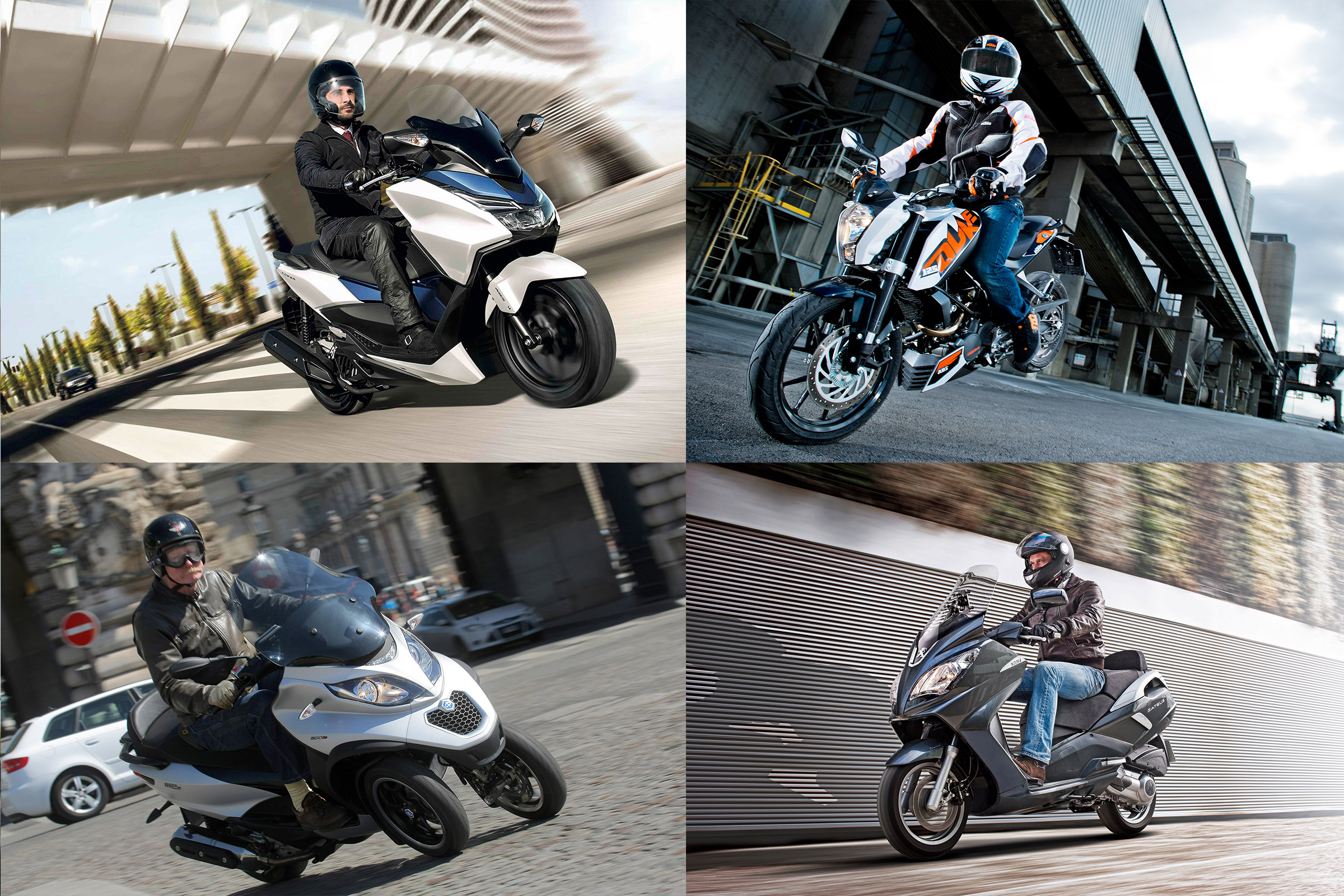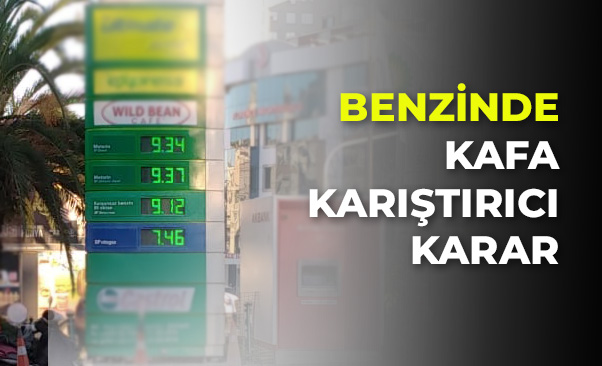2025 Yamaha R3 Revealed, tech, speed etc. The 2025 Yamaha YZF-R3 has been revealed, bringing updated styling, improved performance, and enhanced features, making it a standout in the entry-level sportbike segment. Below are the details regarding its technical specifications, speed, oil change, and comparison to similar bikes.





2025 Yamaha R3 Technical Specifications:
- Engine: 321cc liquid-cooled, 4-stroke, DOHC, 2-cylinder
- Power: Approximately 42 hp at 10,750 rpm
- Torque: 29.6 Nm at 9,000 rpm
- Transmission: 6-speed manual with slipper clutch
- Fuel System: Electronic fuel injection
- Frame: Diamond-type steel frame
- Suspension:
- Front: KYB 37mm inverted telescopic fork
- Rear: Adjustable Monoshock
- Brakes:
- Front: 298mm disc with ABS
- Rear: 220mm disc with ABS
- Tires:
- Front: 110/70-17
- Rear: 140/70-17
- Seat Height: 780 mm
- Weight: 169 kg (wet)
- Fuel Tank Capacity: 14 liters
Top Speed:
The 2025 Yamaha R3 can reach a top speed of approximately 180 km/h (112 mph), making it one of the fastest in the 300cc category, ideal for both city riding and weekend track days.
Oil Change:
Yamaha recommends changing the engine oil every 4,000 km or 6 months (whichever comes first) using Yamalube 10W-40 or equivalent for optimal engine performance. The oil filter should be changed every other oil change.
Key Updates:
- Aesthetic Refinements: The 2025 R3 adopts styling cues from Yamaha’s flagship models like the R7 and R1, featuring aggressive bodywork and a redesigned fairing for improved aerodynamics.
- Improved Suspension: The upgraded suspension system offers better handling and stability, making it more track-friendly.
- Electronics: ABS and optional traction control add safety for newer riders. The addition of LED lighting enhances visibility.
2025 Yamaha R3 vs Competitors:
Yamaha R3 vs Kawasaki Ninja 400:
- Power: The Ninja 400 has a more powerful 399cc engine with 48 hp, outperforming the R3’s 321cc engine.
- Weight: The Ninja 400 is slightly heavier at 172 kg, but its extra power compensates for the weight difference.
- Handling: Both bikes have excellent handling, but the R3’s lighter weight may feel more agile in urban riding.
- Price: The Ninja 400 generally has a higher price point, but the R3 offers better value for riders looking for a balance of performance and affordability.
Yamaha R3 vs KTM RC 390:
- Power: The RC 390’s single-cylinder 373cc engine produces 43 hp, close to the R3’s output but with more low-end torque.
- Tech: The RC 390 comes with advanced electronics such as cornering ABS, ride modes, and a quick-shifter, which the R3 lacks in its standard package.
- Riding Feel: The R3 is more comfortable for long rides due to a more relaxed riding position, whereas the RC 390 feels more track-oriented with an aggressive stance.
Summary:
The 2025 Yamaha R3 remains an excellent choice for entry-level riders due to its balance of performance, agility, and styling. It competes closely with bikes like the Kawasaki Ninja 400 and KTM RC 390, but its lightweight and rider-friendly design give it an edge in everyday usability.









Çok iyi bir model bize gelmez yutar bu bizi… :)
2025 modeli için geri sayım başladı ama fiyat el yakacak